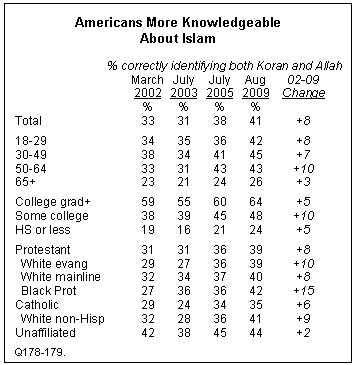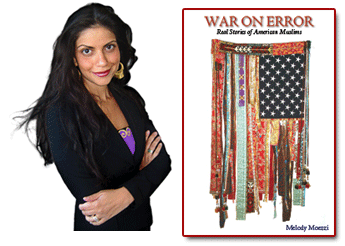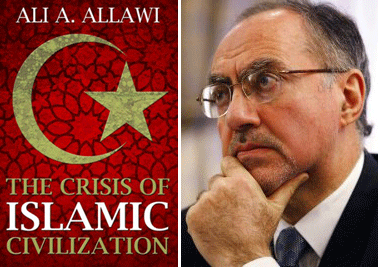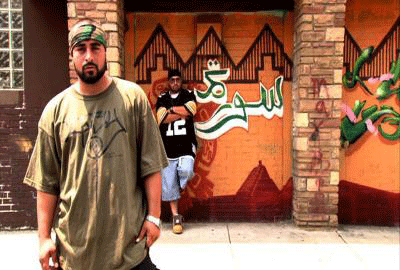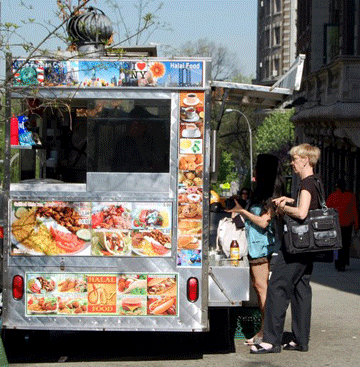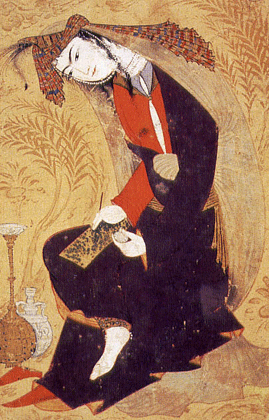
Who: Hofstra faculty who have conducted research on Middle Eastern and Central Asian (MECA) studies
What: MECA Study Day
When: September 16, 2009
Where: 310 C.V. Starr Hall and 117 Berliner Hall, South Campus
Why: To highlight and learn about the research Hofstra faculty have done on MECA studies
Hofstra faculty from a variety of departments such as fine art, art history, anthropology, history, comparative literature, economics, political science and religious studies will give presentations on their research in MECA studies. Topics from their research will include archeology, women’s issues, history and the contemporary Middle Eastern and Central Asian world. These talks are free and open to the public.
MECA Schedule
Western and Central Asia in the Middle Ages
9:30 – 11:15 a.m., C.V. Starr Hall, 310
Moderator: Dr. Stefanie Nanes, Department of Political Science
• Greeting by Dr. Bernard Firestone, Dean of Hofstra College of Liberal Arts and Sciences
• Opening remarks by Dr. Daniel Martin Varisco, Department of Anthropology
• Dr. Aleksandr Naymark, Department of Fine Arts/Art History
Amazing Sogdians: Masters and Creatures of the Silk Road
• Dr. Anna Feuerbach, Department of Anthropology
The Damascus Steel Sword
• Dr. Daniel Martin Varisco, Department of Anthropology
The Sultan’s Green Thumb: Yemeni Agriculture in the 14th Century Continue reading MECA Study Day at Hofstra
